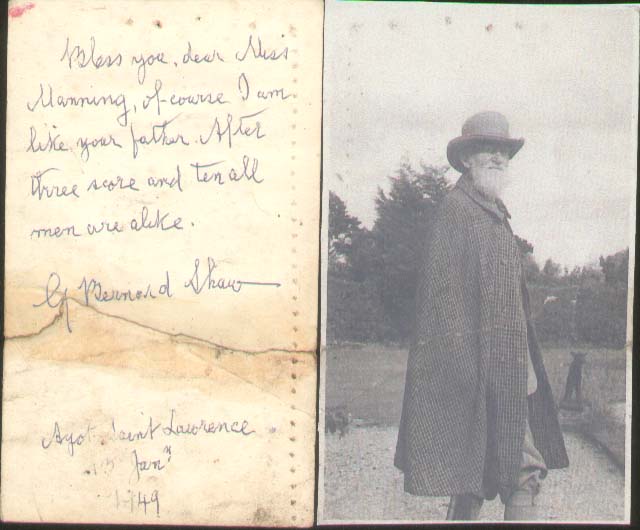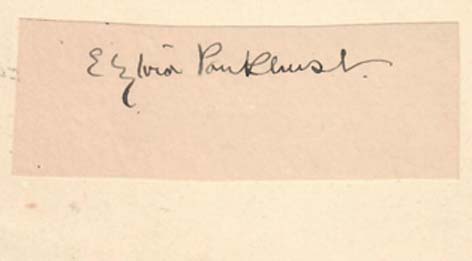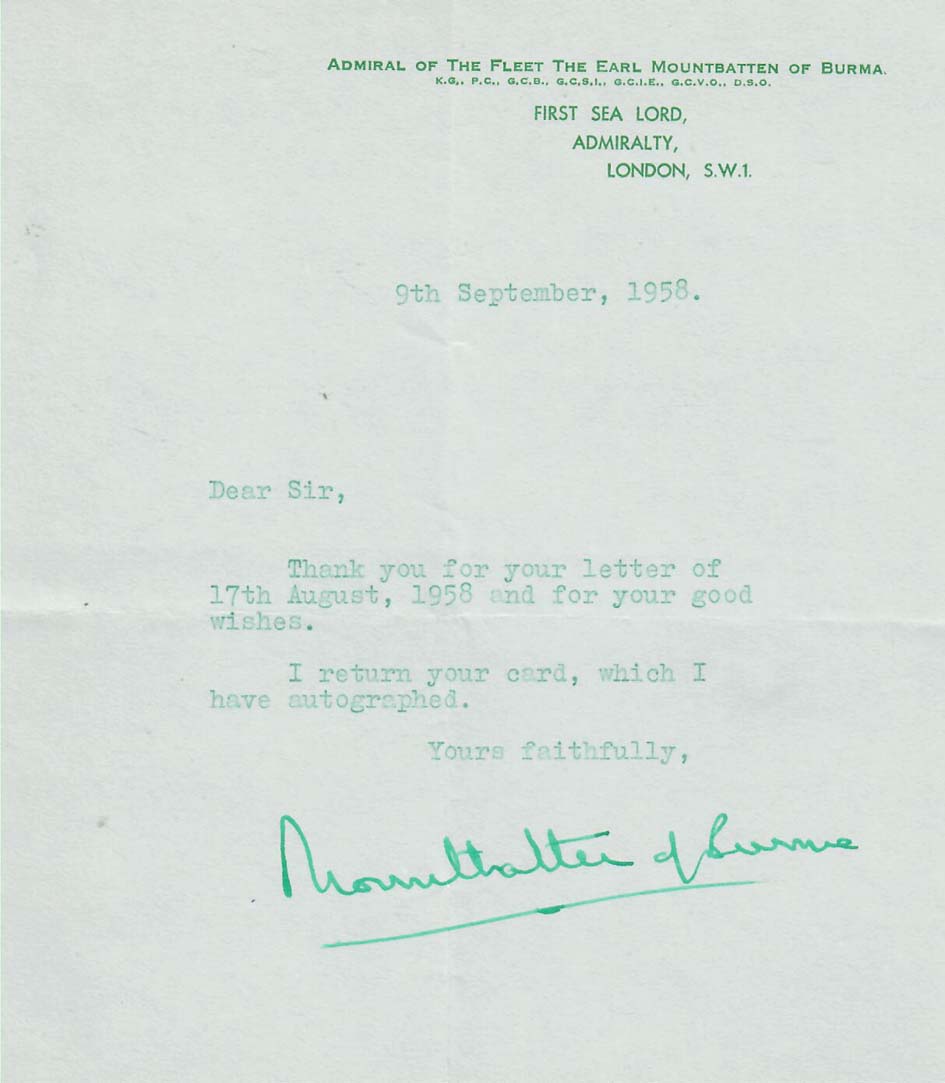George Bernard Shaw

George Bernard Shaw
GEORGE BERNARD SHAW d1950. Irish playright and co-founder of the London School of Economics. Although his first profitable writing was music and literary criticism in which capacity he wrote many highly articulate pieces of journalism, his main talent was for drama and he wrote more than 60 plays. He was also an essayist / novelist and short story writer. Nearly all his writings address prevailing social problems, but have a vein of comedy which makes their stark themes more palatable. Issues which engaged Shaw's attention included ; education / marriage / religion / government / health-care and class privilege. He was most angered by what he perceived as the exploitation of the working class. An ardent socialist, he wrote many brochures and speeches for the Fabian Society. He became an accomplished orator in the furtherance of its causes which included gaining equal rights for men and women, alleviating abuses of the working class, rescinding private ownership of productive land and promoting healthy lifestyles. For a short time he was active in local politics, serving on the London County Council. In 1898, he married Charlotte Payne-Townsend, a fellow Fabian whom he survived. They settled in Ayot St Lawrence in a house now called Shaws Corner. He is the only person to have been awarded both a Nobel Prize for Literature (1925) and an Oscar (1938) for his contributions to literature and for his work on the film Pygmalion. He wanted to refuse his Nobel Prize outright because he had no desire for public honours, but accepted it at his wife's behest : she considered it a tribute to Ireland. He did however reject the monetary award, requesting it be used to finance translation of Swedish books into English. He died aged 94 in 1950 following a fall from a ladder at his home




